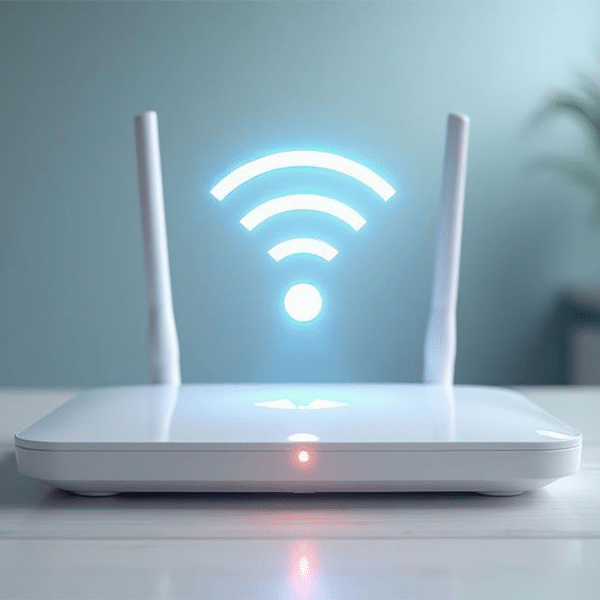 Buffeted from all sides by governments and giant Internet companies as well as cyber criminals, the majority of American adults “feel their privacy is being challenged along such core dimensions as the security of their personal information and their ability to retain confidentiality,” according to Pew Research.
Buffeted from all sides by governments and giant Internet companies as well as cyber criminals, the majority of American adults “feel their privacy is being challenged along such core dimensions as the security of their personal information and their ability to retain confidentiality,” according to Pew Research.
Americans’ conception and perceptions of privacy vary, but more than anything Americans associate privacy with concepts of personal space, rights and solitude, along with the things they own and view as their private property, researchers found.
Grouping associated words according to themes, “the largest block of answers ties to concepts of security, safety, and protection,” Pew Research explains in a blog post. “For many others, notions of secrecy and keeping things ‘hidden’ are top of mind when thinking about privacy.”
It’s been over a year since Edward Snowden leaked secret government documents regarding NSA Internet spying programs, Pew highlights. Today, some 43 percent of U.S. adults said they have heard “a lot” about U.S. government programs that in the name of thwarting terrorism collect information about phone calls, emails and other online communications. Forty-four percent said they’ve heard just “a little,” while 5 percent said they’ve heard “nothing at all” about these programs.
Attitudes About On-Line Privacy:
Americans believe they have lost control of their personal information, Pew found. “That pervasive concern applies to everyday communications channels and to the collectors of information – both in the government and in corporations.” According to Pew’s findings:
- 91% of adults in the survey “agree” or “strongly agree” that consumers have lost control over how personal information is collected and used by companies;
- 88% of adults “agree” or “strongly agree” that it would be very difficult to remove inaccurate information about them online;
- 80% of those who use social networking sites say they are concerned about third parties like advertisers or businesses accessing the data they share on these sites;
- 70% of social networking site users say that they are at least somewhat concerned about the government accessing some of the information they share on social networking sites without their knowledge.
While Americans are concerned about government spying and big data collection, they also believe the U.S. government “could do more to regulate what advertisers do with their personal information”:
- 80% of adults “agree” or “strongly agree” that Americans should be concerned about the government’s monitoring of phone calls and internet communications. Just 18% “disagree” or “strongly disagree” with that notion;
- 64% believe the government should do more to regulate advertisers, compared with 34% who think the government should not get more involved;
- Only 36% “agree” or “strongly agree” with the statement: “It is a good thing for society if people believe that someone is keeping an eye on the things that they do online.”
Commercial Activities
Concerned about commercial organizations’ access to and use of their personal data, some Americans “are skeptical about some of the benefits of personal data sharing, but are willing to make tradeoffs in certain circumstances when their sharing of information provides access to free services”:
- 61% of adults “disagree” or “strongly disagree” with the statement: “I appreciate that online services are more efficient because of the increased access they have to my personal data;”
- At the same time, 55% “agree” or “strongly agree” with the statement: “I am willing to share some information about myself with companies in order to use online services for free.”
Whether email, instant messaging or chat, social media sites, text messages, cell phone or landline calls, adult Americans surveyed expressed a lack of confidence regarding the security of everyday communications – online tools in particular, according to Pew. Across the six communications channels, Pew found that there isn’t one mode of communication in “which a majority of the American public feels ‘very secure’ when sharing private information with another trusted person or organization.” According to Pew:
- 81% feel “not very” or “not at all secure” using social media sites when they want to share private information with another trusted person or organization;
- 68% feel insecure using chat or instant messages to share private information;
- 58% feel insecure sending private info via text messages;
- 57% feel insecure sending private information via email;
- 46% feel “not very” or “not at all secure” calling on their cell phone when they want to share private information;
- 31% feel “not very” or “not at all secure” using a landline phone when they want to share private information.
Furthermore, Pew researchers found that Americans’ lack of confidence in “core communications channels tracks closely with how much they have heard about government surveillance programs.” Across five of the six communications channels Americans who have heard “a lot” about government surveillance are much more likely to feel “not at all secure” about sharing private information with another trusted person or organization than those who have heard just “a little” or “nothing at all.”
Sixty-one percent of those surveyed said they would like to do more to protect their privacy and personal data as compared to 37 percent who said they “already do enough.” Just 24 percent of U.S. adults “agree” or “strongly agree” that it is easy to achieve anonymity online, however.
Coping Strategies
How active are U.S. adults when it comes to keeping track of their online reputation? Those under 50 are far more likely to do self-searches than those 50 and older. Adults with higher education and income “stand out as especially likely to check up on their own digital footprints,” Pew found. According to the study:
- 62% adults have ever used a search engine to look up their own name or see what information about them is on the Internet;
- 47% say they generally assume that people they meet will search for information about them on the Internet, while 50% do not;
- However, just 6% of adults have set up some sort of automatic alert to notify them when their name is mentioned in a news story, blog, or elsewhere online.
American adults are employing a variety of strategies to cope with challenges to their privacy online that vary with context of communications, according to Pew. Among all adults:
- 59% have posted comments, questions or other information online using a user name or screen name that people associate with them;
- 55% have done so using their real name;
- 42% have done so anonymously.
Pew also found that the choices U.S. adults make about disclosing information online are tied to their jobs. Among employed adults:
- 24% of employed adults say that their employer has rules or guidelines about how they are allowed to present themselves online;
- 11% say that their job requires them to promote themselves through social media or other online tools.
Social security numbers are considered the most sensitive piece of personal information.Media tastes and buying habits rank among the least sensitive categories of data, according to Pew’s study.
American adults are discussing and negotiating the risks, benefits and trade-offs associated with sharing personal information and their use of communications channels. While they are concerned about misinformation being circulated online, “relatively few report negative experiences tied to their digital footprints,” Pew says.
- 11% of adults say they have had any bad experiences because embarrassing or inaccurate information was posted about them online;
- 16% say they have asked someone to remove or correct information about them that was posted online.


